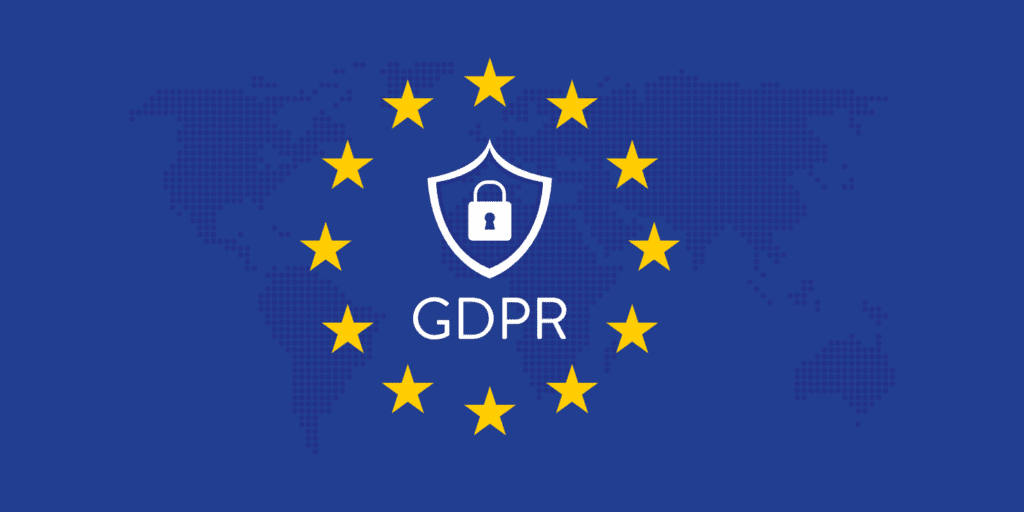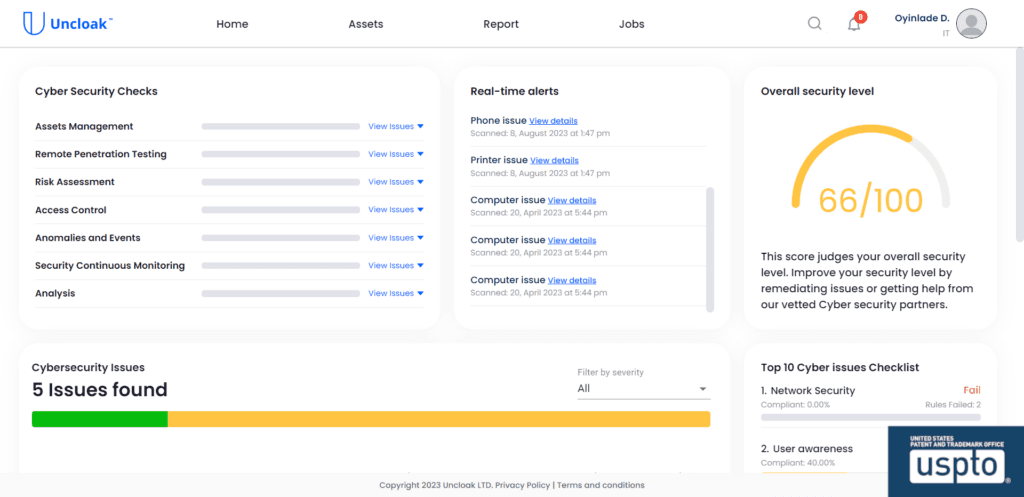Introduction
The General Data Protection Regulation (GDPR) came into effect on May 25th, 2018. The GDPR is an EU data protection regulation that aims to give EU citizens more control over their personal data. With its launch, it marked a new era of data privacy and security. Since then, GDPR has become a significant concern for companies all over the world. Ensuring GDPR compliance is essential, but it can be a tricky and challenging process. In this blog post, we will discuss ways of navigating the complex world of GDPR and cyber security compliance.
Managing Security:
Managing security is not an easy task, and GDPR has made it more difficult. Under GDPR, organizations must report a data breach within 72 hours of discovery. It means that companies must be proactive in detecting and mitigating data breaches. Therefore, managing security is a must. Engineered methods to manage security are a risk-management strategy that can help to identify, assess and respond to cyber threats.
Cyber Security Consulting
Consulting cyber security is an excellent approach when navigating the complex world of GDPR and cyber security compliance. With the increasing need for strong cyber security, consulting with a cyber security firm can help to tackle cyber threats and ensure compliance with GDPR. Cyber security consultancy can offer a unique blend of people, processes, and technology expertise to tackle risks, threats, and uncertainties.
Companies Approach
Companies worldwide are adopting cyber security measures to safeguard their data from cyber threats. Companies can no longer afford to take a step backward when it comes to cyber security. Cyber security is a continuous and dynamic process of assessing and mitigating cyber vulnerabilities. Companies should have a trusted cyber security partner that can help them navigate the complex world of GDPR and ensure data security.
Data Security
Data security is a vital part of GDPR compliance. GDPR ensures that organizations must protect personal data in all its forms, and organizations must adopt technical and organizational measures to ensure data security. Data security reflects the ability to protect data from unauthorized access or disclosure, and in today’s digital age, data security is paramount.
Network Security
Network security refers to protecting a computer network infrastructure from unauthorized access or other breaches. Under GDPR, organizations that process data should ensure it’s confidentiality, integrity, and should be assessable always. GDPR requires companies to adopt technical measures to ensure network security, including encryption, pseudonymization, and access control. Therefore, companies must adopt network security measures to ensure GDPR compliance.
Conclusion
Navigating the complex world of GDPR and cyber security compliance can be challenging, but it needs to be taken seriously. The consequences of non-compliance with GDPR guidelines could cause significant financial strains to an organization. In summary, organizations need to manage security, consult with cyber security firms, adopt network security measures, ensure data security, and prioritize the companies’ cyber security. Remember, for organizations to navigate the complex world of GDPR and cyber security compliance, they must adopt consistent and robust security measures.

